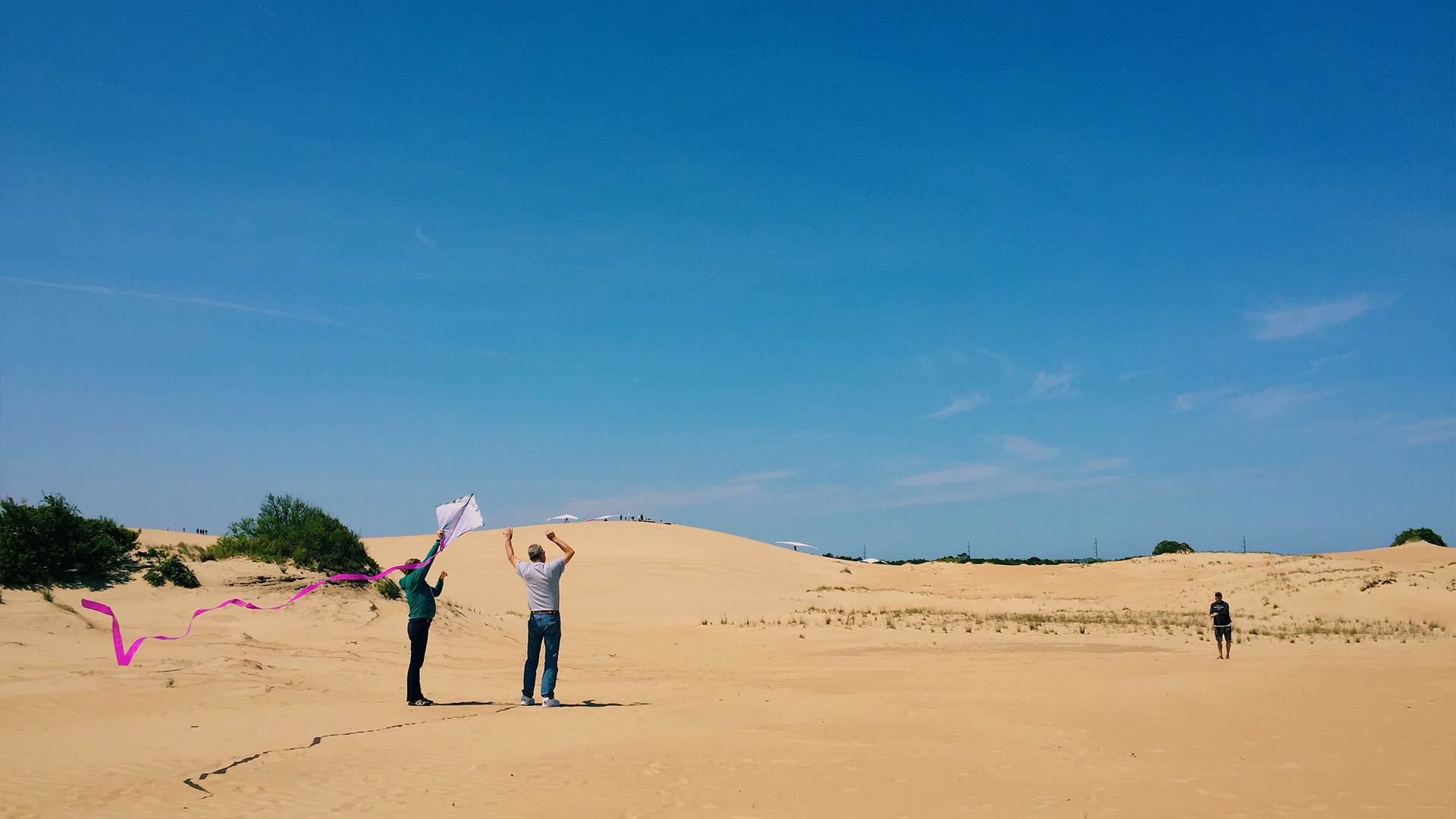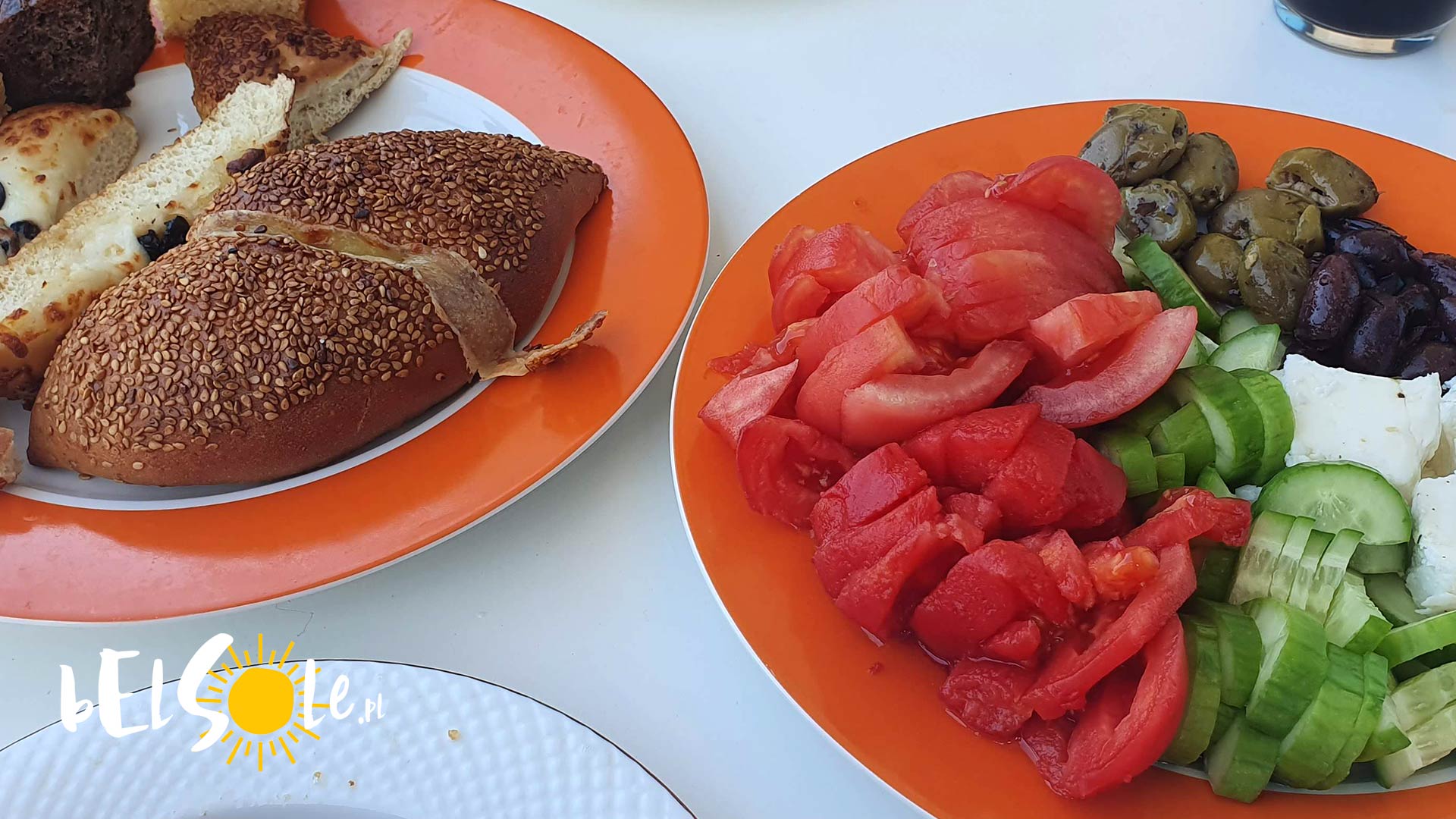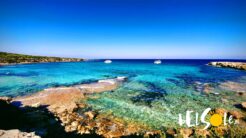Cleaning, plates full of seafood and flying kites – this is how Orthodox Greeks and Cypriots celebrate Clean Monday, the first day of Lent. When is Clean Monday? Where did this tradition come from?
What is Clean Monday?
Clean Monday in Greek is Kathara Deftera. It is also called Green or Ash Monday. In the tradition of the Orthodox Church, it is the first day of Great Lent. Lent lasts exactly 40 days, the length of time Jesus spent in the desert. Clean Monday is a movable feast and it falls on 18 March in 2024.
Interestingly, the Sunday before this holiday is the last day before Easter on which weddings are performed.
What do you do on Clean Monday in Cyprus and Greece?
Clean Monday is a public holiday, meaning a day-off, so most Greeks and Cypriots spend it with their families. Orthodox tradition dictates that the whole house should be cleaned very thoroughly on this day. But this holiday is not only about the cleanliness of the house.
Believers on this day should forgive each other so as to start the fast with a clear conscience. After cleaning, families get together for picnics in the open air, fly kites and eat appropriate food.
What can you eat on Clean Monday?
As it is the first day of fasting, meat is forbidden (with the exception being spineless seafood). Traditional dishes include:
- unleavened lagana bread, which resembles Italian focaccia
- taramosalata – or preserved fish roe, which looks like a light spread
- melitzanosalata – a paste of roasted aubergines and garlic
- squid
- mussels
- other seafood
For dessert, of course, you eat challah and very sweet pastries: kataifi and baklava.
The lagana bread is only baked for the Lenten season and can be bought first thing in the morning in local bakeries. The dough is extremely simple – if you feel like making it yourself, you will find the recipe below. It can also be used as a base for focaccia.
Kite day
Clean Monday is also the day that marks the start of the spring season. In Greece and Cyprus, the spring welcoming ritual involves kites. Why kites? They are supposed to symbolise freedom, hope and a new outlook on the world – in a word, rebirth. Though there’s also the Christian interpretation, where kites are symbols of all the evil that has accumulated in us, so releasing them means cleansing one’s soul and starting a new life.
Is Clean Monday a day off?
Clean Monday in Greece and Cyprus is a public holiday by law. Almost all shops and all institutions are closed. The locals spend the day with their families in the countryside, flying kites and eating delicious (fast-appropriate) food.
Recipe for lagana bread
Ingredients:
- 20 g fresh yeast
- 2.5 cups of warm water
- 1 tbsp salt
- 2 tbsp olive oil
- 2 tbsp sugar
- 1 Tbsp salt
- 1 kg flour
- Sesame seeds to sprinkle on top
- Dissolve the yeast and sugar in half a cup of warm water. Add a tablespoon of flour, mix and set aside for a few hours for the yeast to start its thing
- Sift the flour into a large bowl and add the salt. Make a well in the middle and pour the rest of the water, olive oil and yeast into it
- Knead the dough until it’s smooth, without lumps
- Shape the dough into balls, cover with a clean cotton cloth and set aside in a warm place it doubles in bulk
- Divide the risen dough into several pieces and form them into patties about 1.5 cm thick
- Dip your finger in olive oil and make several indentations in the cakes. Then sprinkle them with sesame seeds
- Place the bread in a preheated oven at 200 degrees and bake for approx. 15-20 minutes. The time depends on the oven and the thickness of the dough
See also:







